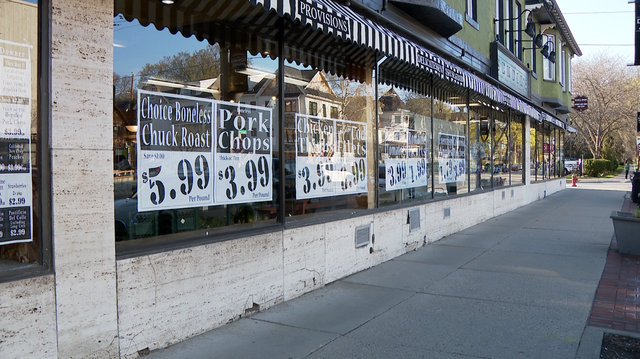Health Hazard Alert: Sendik's on Downer Abruptly Halted by City Inspectors

A routine health inspection took an unexpected turn on Monday when rodent droppings discovered at the grocery store on the corner of Downer Avenue and Park Place prompted an immediate closure. Health officials swiftly acted to protect public safety, shutting down the establishment to address the potential health hazards associated with the unsanitary conditions.
